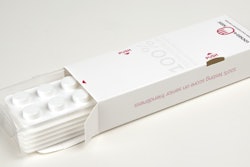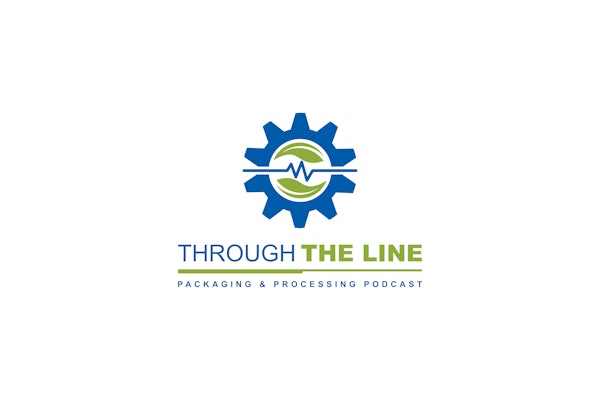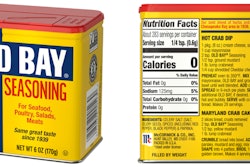Argonne National Laboratory (ANL), part of the U.S. Department of Energy, has determined that using pyrolysis to convert non-recycled plastics into ultra-low-sulfur diesel (ULSD) fuel results in significant energy and environmental benefits. These include reductions of up to 14% in greenhouse gas emissions, up to 58% in water consumption, and up to 96% in traditional energy use when compared to ULSD from conventional crude oil.
The peer-reviewed analysis, “Life-Cycle Analysis of Fuels from Post-use Non-recycled Plastics,” was published in the April 14, 2017, edition of the journal Fuel. ANL based the analysis on its highly regarded Greenhouse gases, Regulated Emissions and Energy use in Transportation (GREET®) model, using data provided by five companies. The GREET database contains more than 100 different fuel pathways, has more than 30,000 subscribers, and is used by the U.S. Environmental Protection Agency in implementing the Renewable Fuel Standard Program enacted by Congress.
“Argonne’s analysis clearly determines that plastics-to-fuel [PTF] technology is a viable and beneficial materials management option,” says Craig Cookson, Director of Recycling and Energy Recovery for the American Chemistry Council. “Not only does PTF reduce waste going to landfills, but these technologies can help reduce GHG emissions while conserving both water and energy.”
PTF facilities use pyrolysis, a process that converts post-use non-recycled plastics into liquid fuels and chemical feedstocks by heating them in the absence of oxygen. ANL assessed the potential energy and environmental benefits of converting non-recycled plastics into diesel using pyrolysis.
























